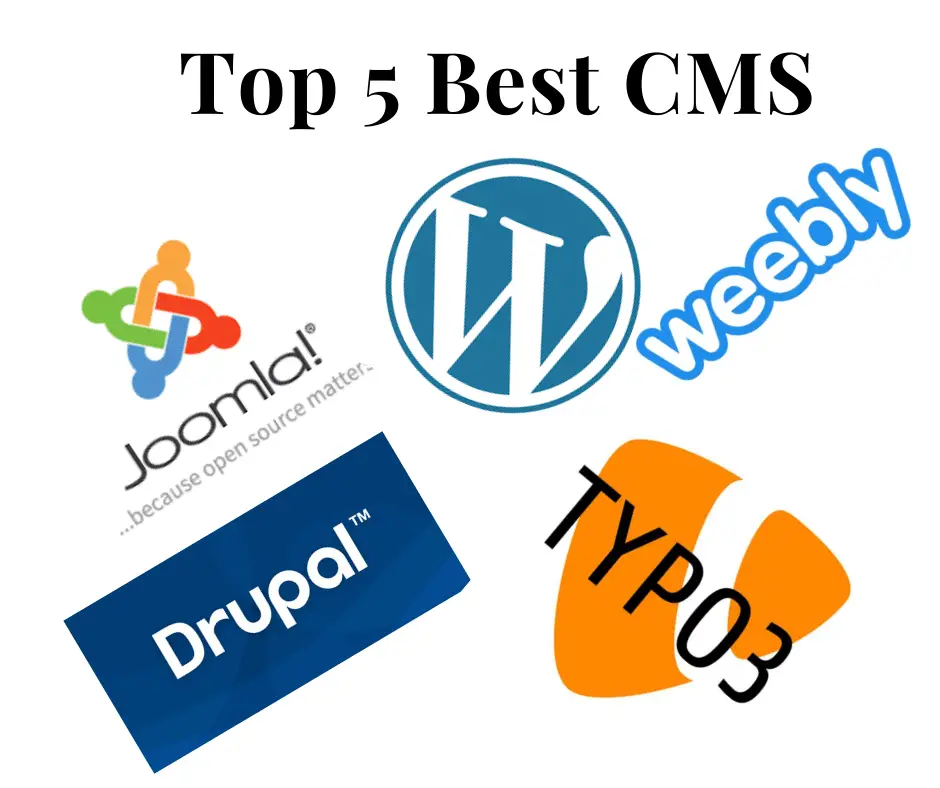10 Reasons Why Your Small Business Needs to Prioritize Data
Small businesses are the backbone of economies around the world. They account for the majority of businesses in most countries and are a major source of innovation, job creation, and economic growth. However, small businesses also face many challenges due to their size and limited resources, and one area that is increasingly important for small businesses to focus on is data.
In the digital age, data has become a crucial asset for businesses of all sizes. Proper collection, analysis and application of data can provide small businesses with valuable insights to improve operations, target customers more effectively, and gain a competitive edge. Despite this, many small businesses do not yet have an effective data strategy in place. A recent 2015 survey by Deloitte found that 35% of respondents were actively implementing data analysis capabilities to drive business decisions. With these insights, leveraging data can be the difference between leading the pack and falling behind.
1. Enhance Marketing Efforts
Marketing is crucial for small business success but often challenging with limited budgets. Here data can optimize marketing spend by identifying the most effective campaigns, channels, messaging, offers, and more. For businesses that aren’t sure where to begin with data interpretation, seeking data science consulting can provide the expertise and insights needed to take full advantage of their collected data.
Small businesses can use data to determine which customer segments to target, personalize communication, deliver more relevant ads, and measure marketing ROI. Data-driven marketing leads to higher conversion rates and lower acquisition costs.
2. Streamline Operations
Careful analysis of operational data — such as sales, inventory, supply chain, and fulfillment data — allows small businesses to identify inefficiencies and pain points in processes. Data highlights problem areas such as high costs, wastage, delays, and quality issues.
Small businesses can use these operational insights to streamline workflows, implement automation, reduce waste, and improve productivity. This leads to lower costs and higher profit margins.
3. Guide Product/Service Development
Understanding which products and services customers want is key for small businesses to align their offerings with market demand. By analyzing sales data, web analytics, and customer feedback/reviews, small businesses can determine which products see high demand and get insights into gaps in their portfolio. This data should guide decisions on new product or service development, ensuring resources are allocated to the most promising opportunities.
4. Guide Product/Service Development
Understanding precisely which products and services customers value is imperative for small businesses looking to align their portfolio with evolving market demand. By analyzing sales data across product lines along with customer feedback and reviews on social media, small businesses can identify ‘hero’ products driving growth and spot gaps in their offerings. For example, sales data may reveal unmet demand for a new flavor or size option.
These data-driven insights should directly inform decisions around new product or service development, helping small businesses prioritize R&D investments and launch strategies for maximum impact. Rather than relying on assumptions, small businesses can let data point the way toward the most promising opportunities.
5. Enable Fact-Based Decision Making
Small business leaders often have deep industry experience to draw from, but data should augment expertise with evidence. Sales data, web analytics, financial statements, customer feedback, competitive intelligence, and other metrics provide objective insights that may validate assumptions or reveal a different reality. For example, customer satisfaction data may challenge long-held beliefs about brand perceptions.
Data gives small businesses factual support to justify major decisions like expansion plans, new hires, inventory purchases, price changes, technology investments, and marketing strategies. Rather than relying on intuition alone, savvy leaders consider both quantitative data insights and qualitative perspectives when making major calls. This balance of data and judgment leads to sound decisions.
6. Improve Customer Understanding
One of the biggest advantages of leveraging customer data for small businesses is gaining better insights into customer needs, preferences, and behaviors. By analyzing demographic, transactional, engagement, and other customer data points, small businesses can identify customer segments, determine which products they favor, pinpoint pain points in the customer journey, and tailor offerings and messaging accordingly. These insights enable small businesses to provide more personalized and relevant experiences that drive customer acquisition, retention, and loyalty.
7. Manage Risks
Data enables small businesses to anticipate and prepare for risks. Analyzing past financial performance, market data, operational metrics, and other factors provides visibility into vulnerabilities. Data highlights fluctuations in demand, inventory risks, cash flow issues, supply chain bottlenecks, and other problems before they escalate into crises. Proactively managing such risks safeguards the small business.
8. Track Business Performance
Detailed data tracking provides small businesses with an accurate, real-time view of overall performance. By consistently analyzing revenue, profitability, customer acquisition and retention, marketing ROI, inventory turns, and other metrics across business units, small businesses can benchmark against historical performance, set targets, and immediately flag any metrics trending in the wrong direction.
For example, ecommerce data may reveal website conversion rates declining month-over-month. With this data, issues get addressed promptly before significantly impacting the business. Consistent performance tracking and analysis are crucial for the health and adaptability of small businesses.
9. Compete with Big Businesses
Small businesses inherently have advantages in agility, customer service, and community focus. However, large corporations dominate in terms of vast marketing budgets, purchasing power, data capabilities, and analytics talent. While small businesses can’t match those resources, embracing data analytics helps “level the playing field” when competing against big business rivals.
By leveraging data to optimize operations, understand customers, personalize marketing, and inform strategy, small businesses can act smarter, more efficiently, and more quickly. They can identify niches ignored by big businesses and react faster to market changes. With data’s help, small businesses punch above their weight class.
10. Drive Innovation
Data is a spark for innovation in small businesses. By analyzing customer feedback data, small businesses may detect needs that current offerings fail to meet, presenting opportunities for new products and services. Examining operational data can reveal inefficiencies ripe for new process automation tools or technologies. Market data can highlight gaps in the competitive landscape for new entrants to fill.
Financial data can provide justification for piloting and scaling new innovations. In essence, data provides both the insights and business case needed for small businesses to confidently develop innovative offerings, experiences, and business models that give them an edge. A data-driven culture fuels innovation and disruption.
Conclusion
Making data a strategic priority can deliver game-changing benefits for small businesses across all functions — from marketing to operations, product development to risk management. With data-backed insights, small businesses are able to compete with larger players and maximize their chances of success. The data revolution is here, and businesses that fail to embrace it risk being left behind.




